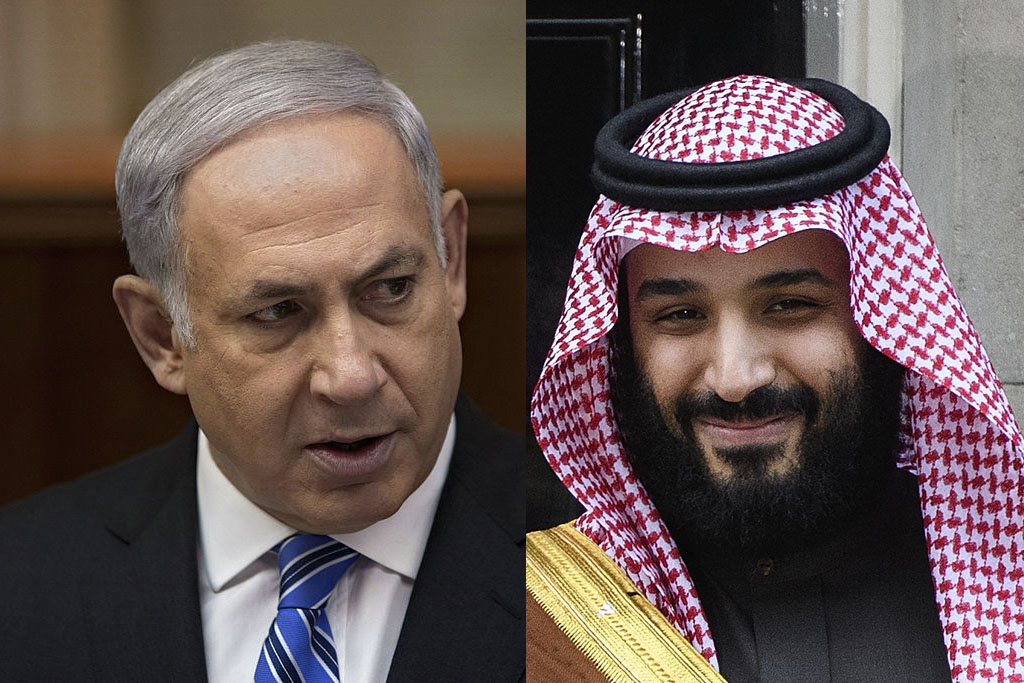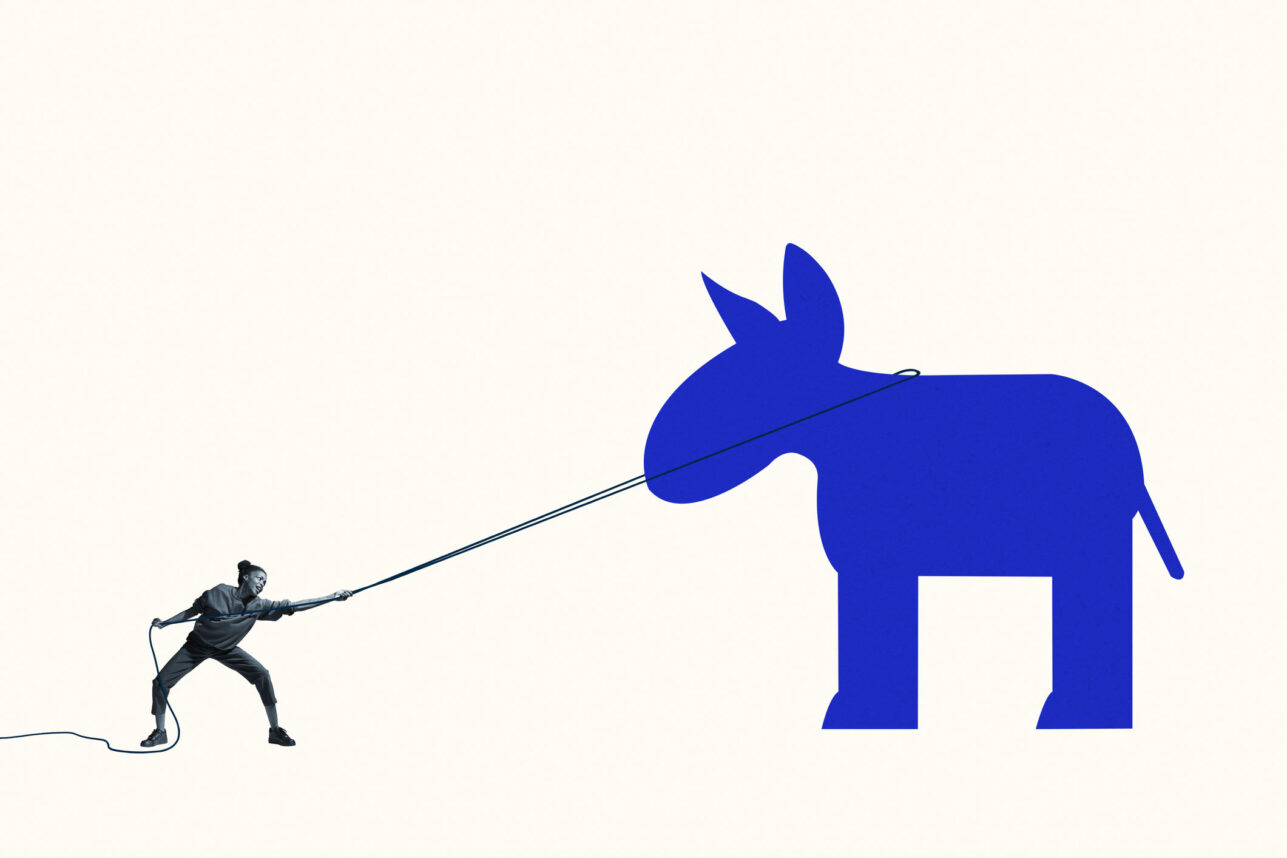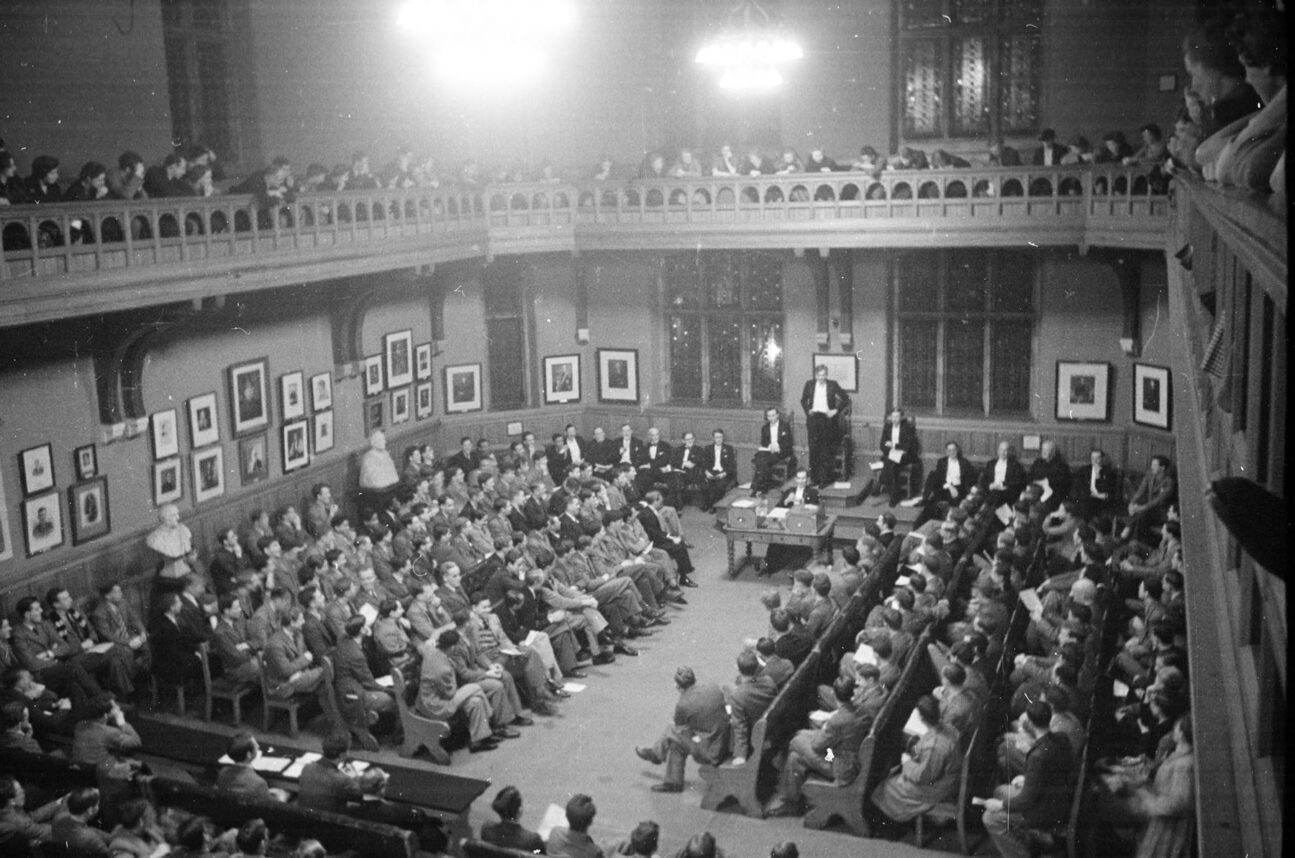
Although Antony Blinken deserves congratulations for his appointment — yet to be confirmed — as the incoming U.S. secretary of state, his predecessor, Mike Pompeo, is hard at work proving that the administration can still score some wins before now and January 20, such as a historic meeting between an Israeli prime minister and a Saudi ruler. That’s right: On November 22, Prime Minister Benjamin Netanyahu and Saudi Crown Prince Mohammed bin Salman had a secret meeting (that is secret no longer) in which they discussed Iran and the way forward toward normalization.
The reports are dry and do not include much detail. But the moment should be one of note. This is not the Emirates or Bahrain, both of which normalized their relations with Israel. This is not Sudan. We have gotten used to countries moving towards normalizing with Israel, which has made us almost numb. Another day, another country.
Yet, Saudi Arabia is not another country. It is a regional leader. It is the prize. And of course, we have not seen normalization, no public ceremonies and no photos of handshakes. No matter: Israel and the Saudis talking without making sure to keep it under wraps is a step forward. A giant step forward. (It is noteworthy that Israeli Defense Minister Benny Gantz attacked Netanyahu for leaking the story about the meeting. So perhaps it was supposed to remain a secret. We don’t know.)
The Saudis are Iran’s great enemies, as the book “Black Wave” (a notable book of 2020 on many lists) demonstrates in great detail. Many Westerners, the book argues, wrongly believe that the animosity between these two countries is mostly over theological differences between Sunnis (a majority in Saudi Arabia) and Shiites (a majority in Iran). The author of “Black Wave,” Kim Ghattas, believes that the real issue is not the religious gap. She writes: “Before it was weaponized in the years following 1979, the Sunni-Shia schism lay mostly dormant.” So why the fight? The two countries trained and armed sectarian militias across the region in the pursuit of political power. For more than four decades, the two countries were the primary agents of instability in the region.
Make no mistake: the timing of the Israeli-Saudi meeting is hardly an accident. Both countries decided to let Pompeo orchestrate the meeting and preside over it because they wanted to send a signal to his slated successor. They wanted to send more than a hint that the Trump way is what both of them see as the proper way forward in the Middle East. This is a Saudi-Israeli front that President Biden and Secretary Blinken must consider as they ponder their policy toward Iran. Yes, the Democrats probably want the United States to go back to the Iran deal, as if Obama never left office. But Israel and the Saudis have other plans and expect to be consulted.
Saudi Arabia and Israel wanted to send more than a hint that the Trump way is what both of them see as the proper way forward in the Middle East.
Will they be consulted? The table is set for discussion, but not all observers agree that the United States must accept what both Israel and the Saudis want. A deal between Israel and Saudi Arabia “may not work entirely in the United States’ favor,” writes Yasmine Farouk, a visiting fellow in the Middle East Program at the Carnegie Endowment for International Peace. She flags a few of the points that could make the incoming Democratic administration suspicious of Pompeo’s great achievement. For one, “both countries want Washington to intervene beyond its remit. Israel and Saudi Arabia’s interests in the region are not identical to those of the United States; in fact, Israeli and Saudi interests overlap in ways that U.S. interests do not. Both have an interest in keeping the United States an active regional military hegemon.”
Yoel Guzansky at the Institute for National Security Studies doesn’t disagree: “Establishment of official relations with Israel will help Saudi Arabia realize a number of strategic objectives. First, in recent years, the Saudi elite has come to doubt the willingness of the United States to stand by it when its essential interests are at stake. The kingdom has a clear interest in having Washington deeply involved in the Middle East and being more committed and sensitive to Saudi interests, particularly where Iran is concerned. Riyadh regards an agreement with Israel as a means of strengthening its ties with the United States.”
Obviously, the Israeli-Saudi meeting took place at a time when the peace process between Israel and the Palestinians has stalled. A lot of ink has been spilled in recent months to explain how Israel (and Netanyahu personally) proved that it was right all along: peace with the Arabs is possible with or without Palestinian approval. Surely, the Saudis want the Palestinians to live in peace and get along with Israel. And yet, when they weigh their many other interests, they prioritize ties with Israel over the interests of the Palestinians (who recently realized that cutting ties with the Gulf states will get them nowhere and let their ambassadors return to Bahrain and the UAE).
A few weeks ago, I argued for considering Donald Trump for a Nobel Peace Prize. I knew this had zero chance. I knew this was more provocation than a serious proposal. And yet — look what he has just done.






















 More news and opinions than at a Shabbat dinner, right in your inbox.
More news and opinions than at a Shabbat dinner, right in your inbox.